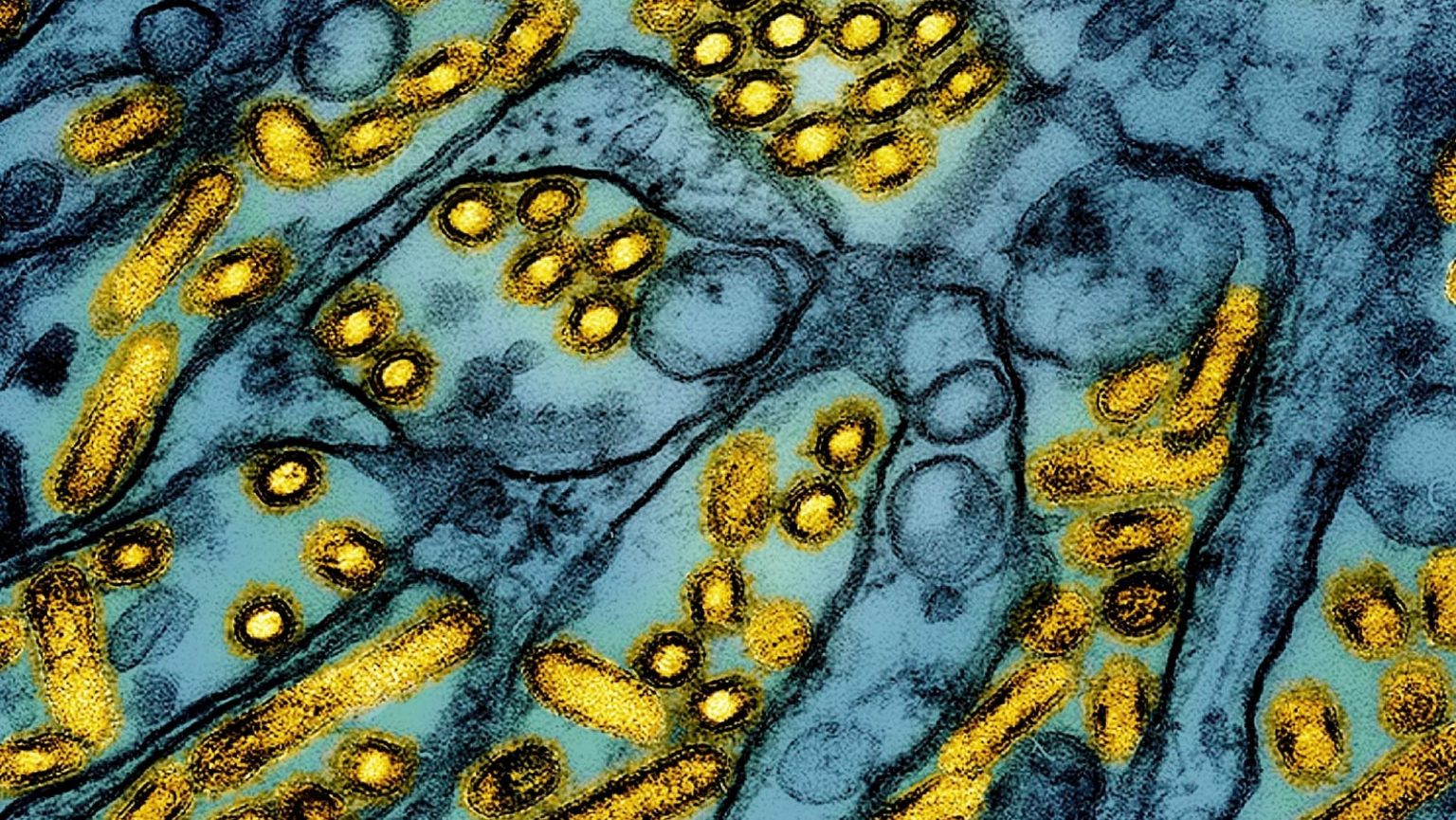The Centers for Disease Control and Prevention (CDC) confirmed a severe case of avian influenza (bird flu) in a Louisiana resident, marking the first human case linked to backyard bird flocks. The individual had been exposed to sick and dead birds in their backyard. While this case raises concerns, the CDC emphasizes that there is no evidence of person-to-person transmission and the overall public health risk remains low. This case doesn’t alter the existing assessment of the risk posed by avian influenza to the general population. The Louisiana Department of Health initially identified the case last week, locating the patient in southwestern Louisiana. Genetic analysis revealed that the virus infecting the Louisiana resident is similar to strains found in wild birds, poultry, and human cases in British Columbia and Washington state. This specific strain differs from the genotype detected in dairy cows and some other human cases, suggesting multiple variants are circulating.
Concurrent with the CDC’s announcement, California Governor Gavin Newsom declared a state of emergency to bolster the state’s response to the spread of avian influenza. While no person-to-person spread has been observed in California, the declaration aims to provide state and local agencies with the necessary resources and flexibility for a swift and effective response. This includes streamlined procedures for staffing, contracting, and other critical aspects of managing the outbreak. California has already taken precautions, suspending the sale of raw milk from a Fresno farm after detecting bird flu, and has implemented a comprehensive testing and monitoring system. The state’s proactive measures underscore the seriousness with which authorities are approaching the potential for further spread.
The declaration of a state of emergency underscores the importance of preparedness and rapid response. Governor Newsom’s action allows California to mobilize resources and adjust regulations as needed to contain the outbreak. The flexibility offered by the emergency declaration will facilitate efficient allocation of personnel and resources, crucial for timely testing, monitoring, and implementation of control measures. This preemptive approach aims to minimize the impact on the state’s poultry industry and protect public health by preventing further spread of the virus.
The recent surge in avian influenza cases has impacted various sectors, including the dairy industry. The detection of the virus in raw milk highlights the risks associated with consuming unpasteurized dairy products. Pasteurization, a heat treatment process, effectively eliminates or inactivates harmful bacteria and viruses, rendering most commercially available milk safe for consumption. However, raw milk, which bypasses pasteurization, poses a potential health risk during an avian influenza outbreak. The popularity of raw milk has grown in recent years, fueled partly by endorsements from figures like Robert F. Kennedy Jr., but health officials caution against its consumption during outbreaks like this one.
The CDC recommends specific preventive measures to minimize the risk of avian influenza infection. Avoiding contact with sick or dead birds, especially wild birds and poultry, is crucial. When handling birds is unavoidable, wearing appropriate personal protective equipment is essential. Furthermore, individuals should avoid surfaces or materials potentially contaminated with saliva, mucus, or feces from infected birds or animals. These precautions are vital to limit exposure and prevent the spread of the virus. While the current risk to humans is low, vigilance and adherence to recommended safety measures are critical.
While the current situation raises concerns, it’s important to understand that properly handled and cooked poultry and beef remain safe to consume. No human bird flu infections have been linked to the consumption of properly prepared meat. Cooking meat to recommended internal temperatures effectively eliminates viruses and bacteria, ensuring food safety. However, it’s crucial to maintain hygiene and prevent cross-contamination by separating raw and cooked meat. By following these guidelines, individuals can continue to enjoy poultry and beef without concern about contracting avian influenza. The CDC continues to monitor the situation closely, providing updated guidance and information to the public.

